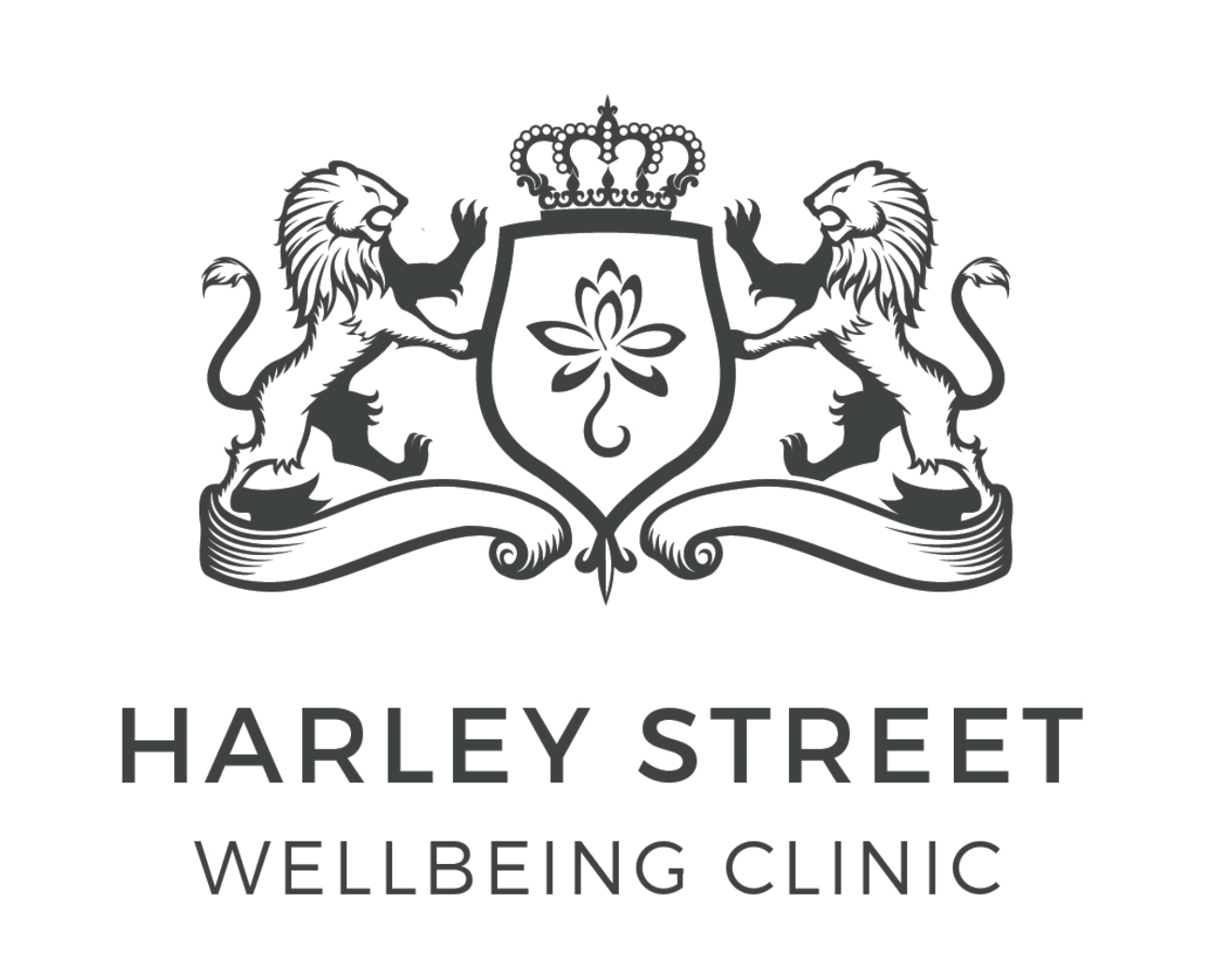Professor Margareta James on domestic abuse increase during lockdown and how to seek help
/Our homes are safe places to retreat to. When people are dealing with domestic violence, the home is no longer safe, in fact, the home is a battleground. This has a long lasting negative effect on their emotional and mental health. In this often isolated situation, the body’s alert system is constantly switched on as there is no safety and the body produces excess stress hormones. In the long term this has a detrimental effect causing many issues including sleep disturbances, foggy mind, flashbacks, nightmares, anger outbursts, anxiety and depression. Ongoing domestic abuse is also linked to altered self image, low self-worth and likely to be mixed with a sense of shame, hence one of the signs of distress is withdrawing from socialising and often using alcohol or drugs as an escape from reality.
Abusive relationship are all about blame and making the victim feel that what is happening is all their fault. So whilst they try to make sense of the irrational abuse and what is happening and try to rationalise it, people sink into self -blame. Short term it can give the sense that there is indeed something they can do to change the situation, so some people resort to blaming themselves, then trying to change themselves. However, if the other person doesn’t change, it won’t help. Self blame also stops them from admitting that their feelings are legitimate enough to be heard.
There are a number of things we can do to help someone in this situation. If they have the courage to speak to you, start with listening to them without judgement. Make sure they know that you are there to support them as a friend. If they want to explore next steps about what they want to do, give them time to talk. Encourage them to get professional help whilst making a safety plan they can fall back on in an emergency. Remind them that they always have a choice.
There are a number of helplines that can also support people in this situation. Therapies that can help the most will focus on stress related help (PTSD) including psycho-sensory therapies like Havening to help process memories without having to re-visit them, which can be re-traumatising and also group therapies and counselling.






